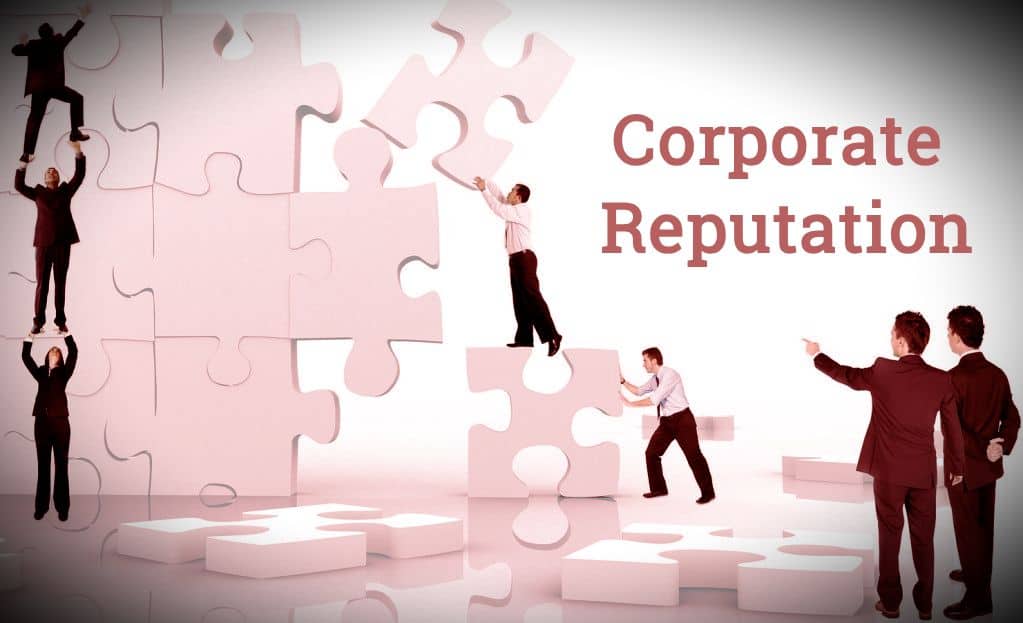“It’s all about reputation now”
Pretty heady first paragraph of a recent Fast Company article about the importance of reputation (which you can easily argue has always been important):
There is an underappreciated paradox of knowledge that plays a pivotal role in our advanced hyper-connected liberal democracies: the greater the amount of information that circulates, the more we rely on so-called reputational devices to evaluate it. What makes this paradoxical is that the vastly increased access to information and knowledge we have today does not empower us or make us more cognitively autonomous. Rather, it renders us more dependent on other people’s judgments and evaluations of the information with which we are faced.
Certainly not at a USA Today reading level, so let me break this down for you: the argument is that information is becoming less relevant, especially in an era of “fake news,” people getting said news from social media, people only reading headlines, attention spans dropping, etc. Instead, it’s more about reputation. I don’t necessarily think this is a “new” trend, as in I think my grandmother got advice about doctors from the five women she interacted with the most in her neighborhood. Reputation, trust, and community have long been intertwined.
The rapid scale of digital and mobile made that whole equation more complicated, yes — because now we have “thought leaders” and “experts” around every corner, and their reputations need to be vetted as they attempt to provide information. That is different, but also the same: as we see and hear more and more digital noise, people will increasingly tune it out and go back to their trusted sources and what they know and who they believe in. Word of mouth won’t lose scale just because mobile got there, because of the importance of trust, reputation, and community.
But what does all this mean for corporations?
OK, this is a slightly different picture.
Corporate reputations are formed over the long-term by collective judgement of observers. Many mis-define the idea of “observers;” it’s not just customers or regulators, but the largest outer ring of who touches what you do even if they don’t buy or engage with you.
Leaders often opine the belief that corporate reputation cannot be managed in the same way that, say; legal, HR, operations or sales can be.
That’s not true.
Corporate reputation can indeed be managed, and it happens at the intersection of four As:
- Awareness
- Assessment
- Authority
- Action

In other words:
- Do you understand your reputation?
- Can you track the inputs to it?
- Where is your reputational advantage?
- What are you doing about your reputation, in good times and crisis times?
The bottom line
Reputation is an interesting, dynamic concept that’s completely crucial to the human existence — but we tend to get it twisted up in knots when thinking about corporate reputation. If you understand that it’s a series of touchpoints (broader than you may imagine) in the public sphere, you’re on your way to realizing it can be managed.
I go into great detail about the 4As and the corporate reputation journey. If you are curious you can check it out here. If you want to talk about reputation management please drop a note and lets connect. Be Well.


